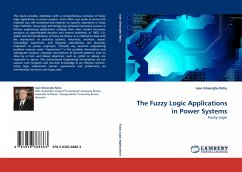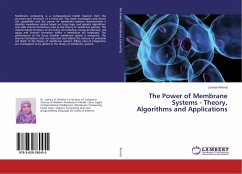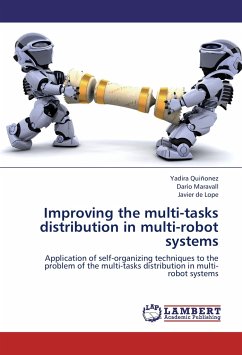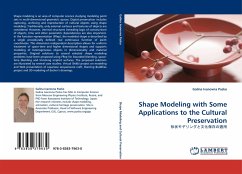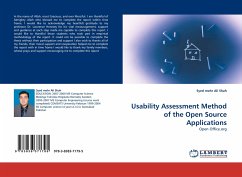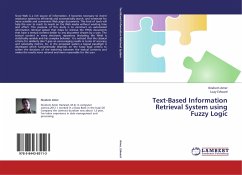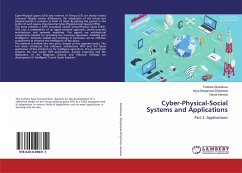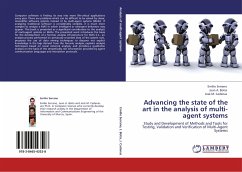This book provides attendees with a comprehensive overview of fuzzy logic applications in power systems. Every effort was made to ensure the material was self-contained and requires no specific experience in fuzzy logic methods. Fuzzy logic technology has achieved impressive success in diverse engineering applications ranging from mass market consumer products to sophisticated decision and control problems. In 1965, L.A. Zadeh laid the foundations of fuzzy set theory as a method to deal with the imprecision of practical systems. Heuristics, intuition, expert knowledge, experience, and linguistic descriptions are obviously important to power engineers. Virtually any practical engineering problem requires some imprecision in the problem formulation and subsequent analysis. Linguistic descriptions of growth patterns, such as close by or fast, and design objectives, such as, prefer or reduce, are imprecise in nature. The conventional engineering formulations do not capture such linguistic and heuristic knowledge in an effective manner. Fuzzy logic implements human experiences and preferences via membership functions and fuzzy rules.
Bitte wählen Sie Ihr Anliegen aus.
Rechnungen
Retourenschein anfordern
Bestellstatus
Storno

